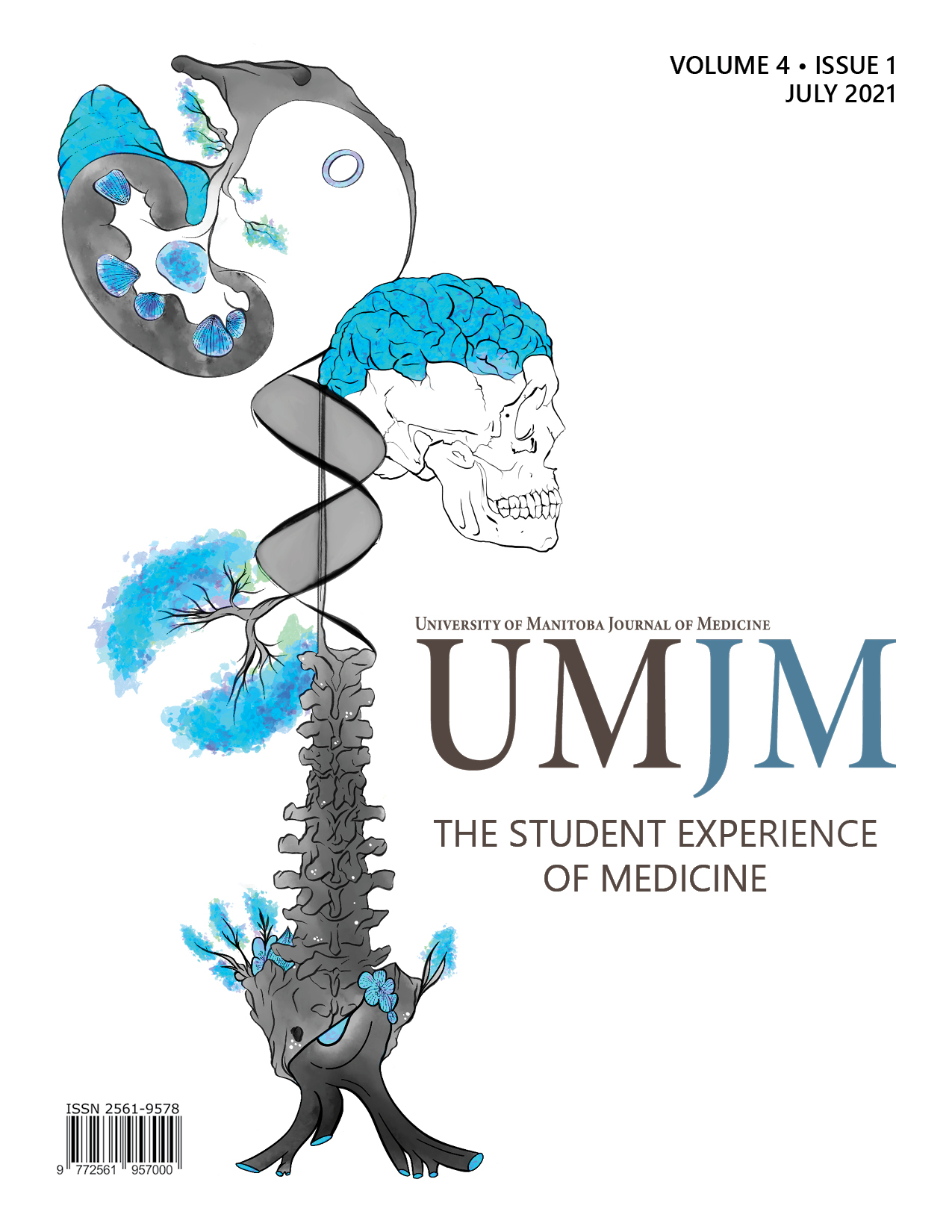Authors: Toby Le PhD, Jasmine Frost PhD
As the world continues to mitigate the effects of the COVID-19 pandemic, it is also facing an overabundance of information. This is referred to as an “infodemic”, which has rendered misinformation indistinguishable from accurate information. Misinformation poses detrimental effects to the public health response against COVID-19. It has perpetrated violence against healthcare workers and vandalism of property. Misinformation has also promoted unsafe regimens including the digestion of bleach as a treatment against SARS-CoV-2. Fortunately, efforts have increased to develop science communication projects that promote accurate information about COVID-19. Projects that have been selected for this commentary include: the Manitoba COVID-19 Report, COVID-Alerts, COVID MythBusters, and several independent initiatives. The Manitoba COVID-19 Report was an initiative organized by staff and students from the Max Rady College of Medicine to provide health professionals with weekly research updates about COVID-19. COVID-Alerts is a graduate student-led science communication project that utilizes Short Message Service and WhatsApp to disseminate information about COVID-19 to populations in Kenya. COVID MythBusters, another graduate student-led project, is an Instagram initiative that provides up-to-date information about COVID-19 to over 500 subscribers. Together, these projects illustrate the accessibility and feasibility of applying science communication as a tool against misinformation.
Keywords: science communication, SARS-CoV-2, COVID-19, misinformation
